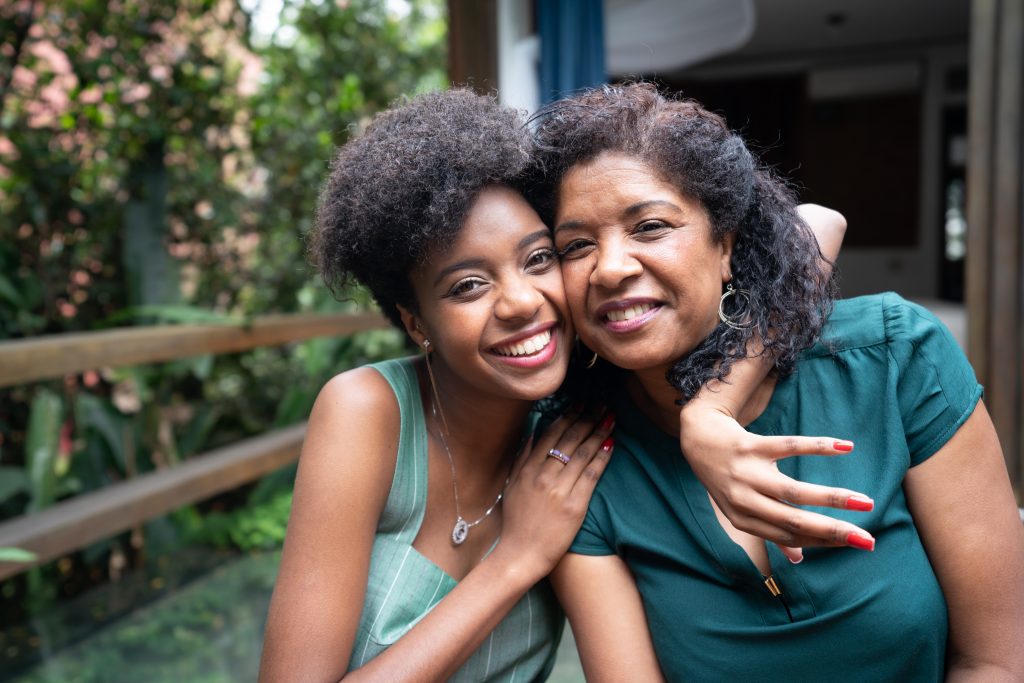Foster Youth

Education
As a strategy to improve the graduation rates for foster youth, Children and Family Services has developed a unique program to ensure every foster youth in every school district in the county is connected to one of our Educational Liaisons (EL). The EL and school districts work together to find missing credits, issue partial credits, resolve unpaid fees, and assess the youth’s eligibility for graduation.
Extended Foster Care
California’s Extended Foster Care (EFC) Program allows eligible youth in the foster care and/or probation systems to remain in foster care until age 21. Youth may leave extended foster care and later choose to re-enter the program up to age 21.



Basic Eligibility Requirements
At the six-month hearing prior to youth turning age 18, the social worker/probation officer must have a plan to ensure the youth meet at least ONE of the following participation criteria:
- Working toward completion of high school or equivalent program (e.g. GED); OR
- Enrolled in college, community college or a vocational education program; OR
- Employed at least 80 hours a month; OR
- Participating in a program designed to assist in gaining employment; OR
- Unable to do one of the above requirements because of a medical condition.
- Non-minor dependents must sign an agreement to reside in an eligible placement location and agree to work with a social worker/probation officer to meet the goals outlined in their Transitional Independent Living Case Plan.
- Remaining in foster care after age 18 is voluntary. Non-minor dependents can exit at age 18 or at any subsequent time before age 21. Youth who exit at age 18 can re-enter foster care at any time before age 21.
- Tribal youth under county jurisdiction are also eligible to remain in foster care after age 18.
- Tribes with a Title IV-E agreement with the state or federal government can create their own extended foster care (EFC) program.
- Probation youth who are in a foster care placement are also eligible for EFC.
State of California Extended Foster Care (EFC)
Independent Living Program (ILP)
The ILP provides training, services, and benefits to assist current and former foster youth in achieving self-sufficiency prior to, and after leaving, the foster care system. Many activities and classes include incentives for participation and opportunities to earn additional rewards.
Independent Living Program Guide
Who is eligible for ILP?
Youth are eligible for ILP services from age 16 to the day before their 21st birthday, provided one of the following criteria is met:
- The youth was/is in foster care at any time from their 16th to their 19th birthday.
- The youth was placed in out-of-home care by a tribe or tribal organization between their 16th and 19th birthdays.
- The youth is a former dependent who entered into a kinship guardianship at any age and is receiving/received Kinship Guardianship Assistance Payments (Kin-GAP) between the ages of 16 and 18.
- The youth is a former dependent who entered into a Non-Related Legal Guardianship (NRLG) after attaining age 8 and is receiving/received permanent placement services.

Health and Wellness
All foster youth are eligible for Medi-Cal (Health Insurance) coverage until his or her 21st birthday. If you have or are going to emancipate from foster care contact your social worker to sign-up for the Extended Medi-Cal Program. (Youth will need to update the eligibility worker every time they relocate or change address.)

Medi-Cal Hotline
If you already have Medi-Cal and have questions about bills for medical care or pharmacy costs, you can contact the Medi-Cal Hotline at 916-636-1980. (You must have a current Medi-Cal card when you call this number.)

Mental Health Services
If you are in need of mental health services you may contact the Department of Behavioral Health:
(909) 421-9233.